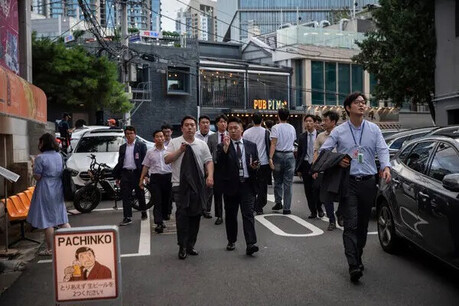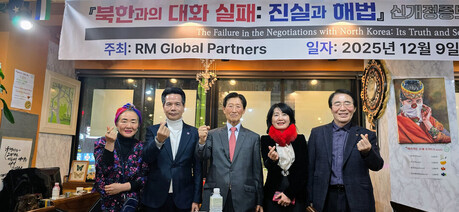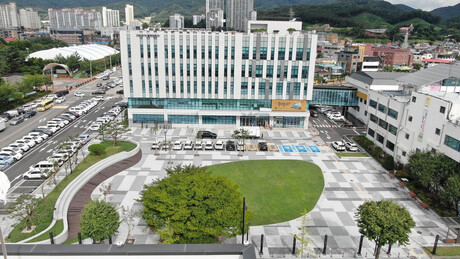
Research results indicate that the higher education enrollment rate for women has surpassed that of men starting with the generation born in the 1980s.
According to Statistics Korea on the 27th, the Korea National Statistical Office published a report this month titled "A Comparative Study by Cohort on the Transition of Life Courses: Education and Employment." The report analyzed indicators such as education level, employment, and the timing of independence for young generations born between 1970 and 1994, divided into 5-year cohorts (groups of people with common characteristics).
The report shows that while men born in the 1970s had a higher percentage of university graduates or higher, women took the lead starting with those born in the 1980s.
The percentage of university graduates or higher among those born between 1980 and 1984 was 69.4% for men and 72.1% for women. For those born between 1985 and 1989, the figures were 72.2% for men and 77.3% for women, respectively. Notably, for those born between 1990 and 1994, the university graduation rate for women was 78.5%, more than 13 percentage points higher than that of men (65.3%).
This suggests that the gap in the proportion of university graduates or higher by gender has widened with more recent generations. These figures are based on individuals aged 31-35 for all cohorts except for the 1990-1994 cohort, which was based on those aged 26-30. Furthermore, the rate of pursuing postgraduate studies among university graduates also showed women surpassing men starting with the 1980s generation.
The age of first employment for young people showed a trend of delay. According to the estimated age of first employment by cohort, based on the point when they were 25-29 years old, it was 22.12 years for those born between 1975 and 1979, and 22.72 years for those born between 1980 and 1984. However, it increased to 23.4 years for those born between 1985 and 1989. The figure remained similar at 23.36 years for those born between 1990 and 1994.
The proportion of NEET (Not in Education, Employment, or Training) youth recorded over 20% after the age of 20 in all generations. This likely includes many young people preparing for civil service exams or company entrance exams, as well as those seeking better jobs.
The report analyzed that "the increased migration from non-metropolitan areas to the Seoul metropolitan area in the late 20s is likely due to a lack of good job opportunities in non-metropolitan areas." Regarding independence, a major task of youth, the proportion of unmarried young people cohabiting with their parents has been increasing in recent generations, but a decreasing trend was observed in the most recent generation (born between 1990 and 1999).
[Copyright (c) Global Economic Times. All Rights Reserved.]





























